Tensions Persist Between Portland Police and the African-American Community
Saturday, April 11, 2015
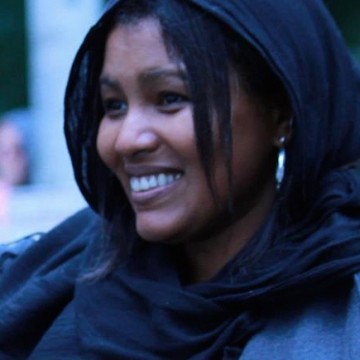
“There is no question that many areas of the city are intimidating to minorities,” said progressive Portland legislator Lew Frederick. “This has been true for decades. People are paying attention now because of all the media focus but if you talk to folks from any number of cities they will tell you their police systems are broken."
“Some of my black male friends complain they are stopped by police officers for no obvious reason and when they request an explanation the cops get defensive,” said Dr. Michelle Jones, an African-American Portland Public Schools volunteer. "When you are Caucasian, getting pulled over by a traffic cop is an annoyance. When you are an African-American, it is a potentially deadly encounter."
A Complex Issue
The use of excessive force is a complex issue that maligns our national character. African-American men should not fear being murdered every time they are pulled over for a traffic stop. Last weekend in South Carolina, a broken tail light met with the death penalty.
“Police officers in Portland and other cities are largely an extension of the plantation system,” said African-American activist and Don’t Shoot Portland Organizer Teressa Raiford Mazique. “They are overseers instructed to keep indigent people in line. In early America, the upper class feared poor people would steal property or rise up in rebellion. The rich aggressively expanded the law enforcement powers of local governments, installing systems of intimidation that exist to this day. Poor people are constantly treated like second-class citizens. I work with multiple civil rights organizations and the evidence of excessive force in Portland and elsewhere is staggering.”
Former City Commissioner Mike Lindberg met privately with Portland Mayor Charlie Hales and other city leaders last year in an effort to develop a plan for police reform. The City of Roses has a richly deserved reputation for the use of excessive force.
According to The Oregonian, a 2012 federal investigation concluded that “Portland police used excessive force against people with mental illness and called for a wide range of reforms to police policies, training and oversight.”
City leaders created a Community Oversight Advisory Board to implement Federally-mandated reforms but they are off to an unproductive start, with hearings marred by bickering and controversy. Citing health issues, former Oregon Chief Justice Paul DeMuniz resigned from the COAB earlier this week. Though respected by local civil rights activists, the suddenness of his departure suggests DeMuniz abandoned the commission because he saw no clear path to improving minority relationships with Portland Police.
“I am optimistic but realistic about what that committee can accomplish,” said Frederick. “Reports of their last meeting were disappointing. I know they have good intentions. I helped them choose some of the folks on that panel. The minority community in Portland has felt disenfranchised for some time and that is not going to change overnight.”
“Everyone in power is looking the other way,” said Mazique. “Portland Mayor Charlie Hales is the police commissioner. He is directly responsible for negotiating the contract with the police unions and has the authority to insist that police officers who harass and intimidate people of color are held accountable. Instead he is fearful of losing police endorsements that might hurt his prospects for re-election. Hales is directly responsible for the collective bargaining process with the rank-and-file. The current police union contract runs through 2018 and there is little we can do to change the accountability process for several years.”
“The video this week from South Carolina is not unique,” said Frederick. “New York City, Cleveland and plenty of other places have been dealing with these issues for a number of years. These incidents occur several times a day across the country. We are never going to solve this problem by dealing with one bad apple. We are talking about a systemic issue. I have been looking at this issue almost from the day I arrived in Portland. There has always been a mixed message, a split between community policing versus officers who serve as an occupying force.”
New Legislation
Frederick introduced multiple bills in the current legislative session to improve community policing and protect minorities from discrimination. The former newscaster is leading the way in addressing this issue with substantive policy initiatives.
“We introduced significant legislation to address racial profiling,” said Frederick. “At least three of the 12 police reform bills I submitted are going to the Judiciary Committee for review. Other legislation deals with complaint procedures, body cameras, the rights of bystanders to take photos of police officers, excessive use of force, expungement of marijuana offenses and regular psychological evaluations for police officers. Some of this legislation is getting combined. I do not yet know what is going to get through the committee. Some of these bills have been introduced four times. This is a complicated process and even if some of my legislation gets through, there is no magic wand that is going to change things anytime soon.”
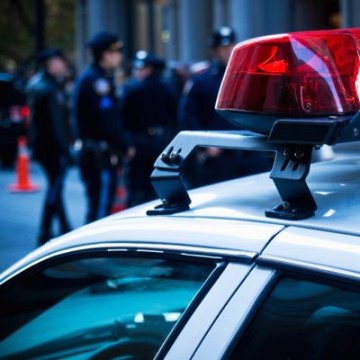
“I can’t tell you what to do about the Portland Police but at this stage I am doing what I can at the legislative level,” said Frederick. “We need to have a serious discussion with the unions. They don’t have the support they think they do in the community. They need people who are actually living in the area where they work. It is appropriate to say in this case that the lives and ideas of people of color have been dismissed as invalid.”
“We need to vote people into office that will hold police officers accountable,” said Mazique. “In Salem, reform efforts are only beginning. Even if these bills pass, we may not see any impact in our local communities for years. We will drive back and forth to Salem until July 2015. Rep. Jennifer Williamson was at our grand jury workshop last weekend. We are working overtime to educate community members about the flaws in our system. Real reform will only occur when police officers are actually prosecuted when they commit crimes. Right now, there is zero accountability. As long as officers are allowed to police themselves, there can be no expectation of justice anywhere in the city. There is no oversight. The city will not allow it.”
African-American activists in Portland complain about a culture of intimidation that makes them feel uncomfortable in their neighborhoods. Skanner News Editor Lisa Loving — a white woman — detailed the experience of a black colleague in a celebrated interview decrying racial profiling.
“I started noticing police stops at the side of the road, all over North and Northeast Portland, and how often young black men are made to lay out on the ground,” said Loving. “I've actually never seen a white suspect forced to lay on the ground and crawl towards officers, but I've seen black men forced to do it many times. Before I literally walked side-by-side with a black man, I really did not understand.”
“The entire Portland City Council is showing us little sympathy,” said Mazique. “Our concern is public safety. Our people are beaten and even killed. Why won’t they acknowledge we need more protection in our community? We need to audit and investigate every facet of the Portland Police Bureau and force them to end their occupation of our neighborhoods. These officers do not live in the communities they police. Most of them are white. They drive to North Portland from their suburban homes and have no substantive ties to the people they supposedly serve. We need an influx of minority police officers who live and work in the communities they patrol.”
“Anyone who tells you racism is a thing of the past is asleep at the wheel. Given the frustration of losing loved ones, we are going to see more incidents in Portland where minorities assert their rights,” said African-American entrepreneur and lifelong Oregonian Kylee Brooks. “Things may have to get worse before they get better.”
Chris Vetter is the former Editor of Inside Portland Magazine and a political consultant in the Portland metropolitan area. Last year he launched Cuddle Up To Me with local author Samantha Hess.
Related Slideshow: What Portland Can Learn from Ferguson
Recent developments in Ferguson, Mo., where a white police officer was not indicted for shooting an unarmed black teen, have brought to light issues that provide a case in point for Portland, according to leaders in the city’s African American community.
Related Articles
- Woodburn Police Investigating Death of 6-year-old Boy
- Willamette Week Could Be Subject to State Police Investigation of Leaked Emails
- Why a Federal Investigation Should Scare Kitzhaber
- What Are the Scariest States in the U.S.?

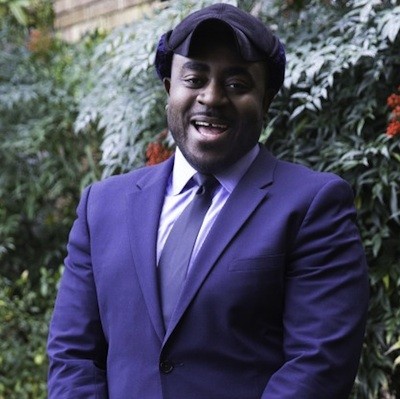
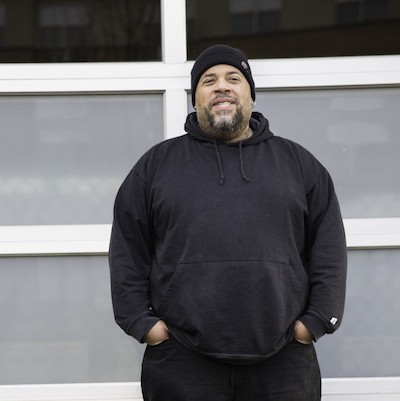
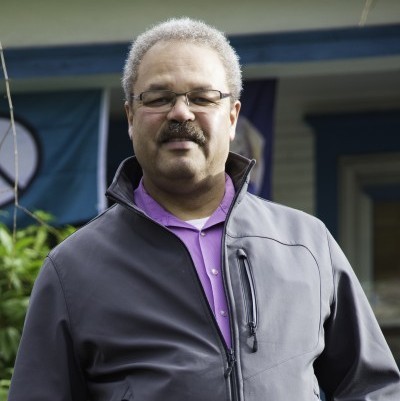
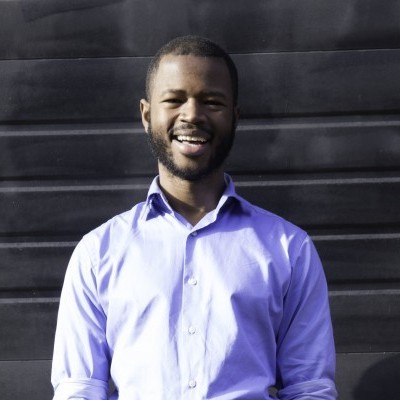
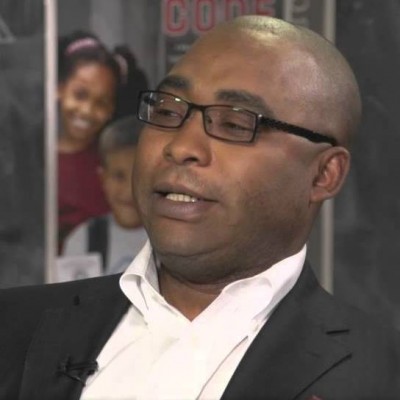








Follow us on Pinterest Google + Facebook Twitter See It Read It